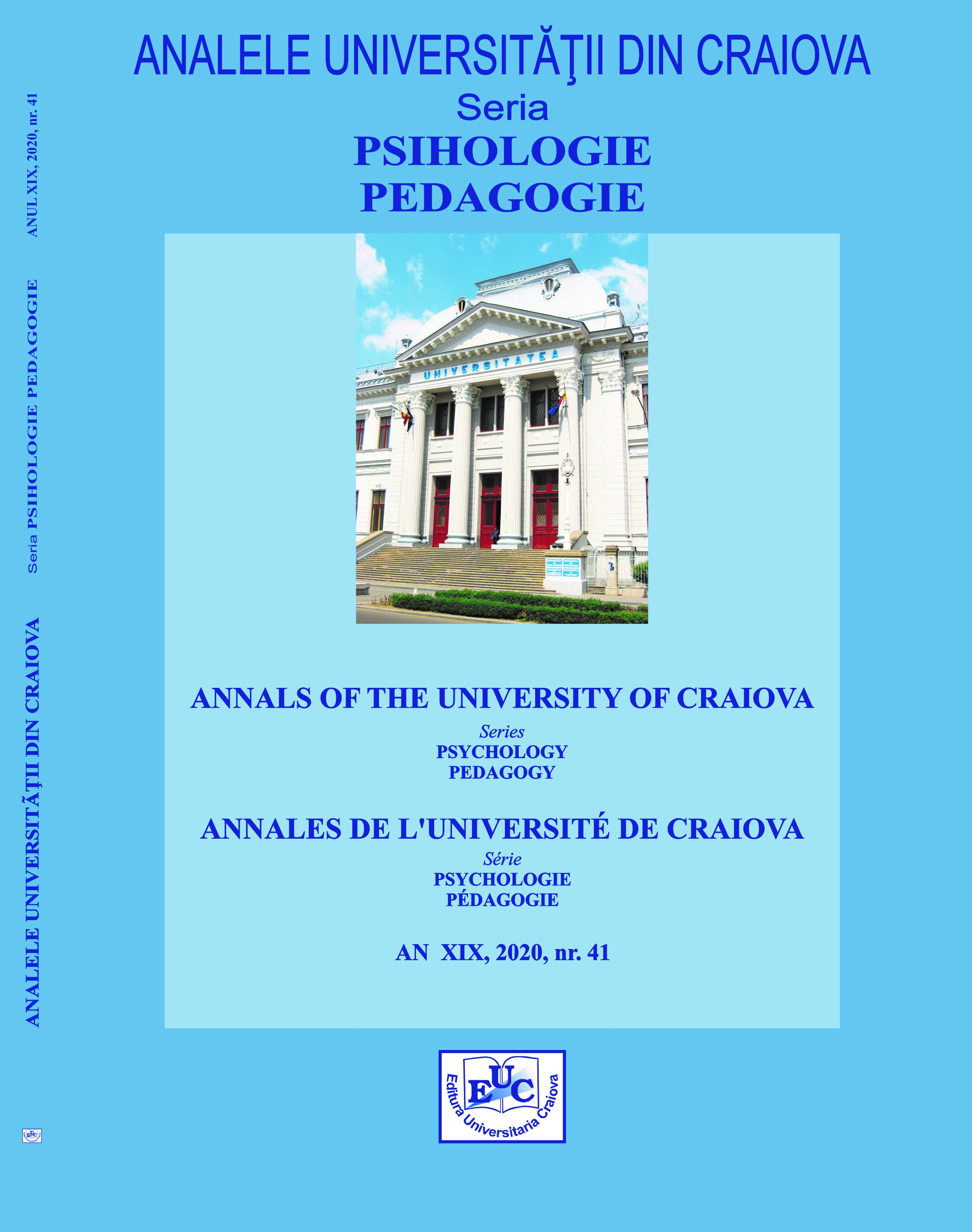L’APPRENTISSAGE TOUT AU LONG DE LA VIE AU PRISME DE L’ÉDUCATION À L’ENVIRONNEMENT ET AU DÉVELOPPEMENT DURABLE : REPRÉSENTATIONS ET ANALYSE DISCURSIVE AU SEIN DE LA COMMUNAUTÉ ÉDUCATIVE
LIFELONG LEARNING OF ENVIRONMENTAL EDUCATION AND SUSTAINABLE DEVELOPMENT: REPRESENTATIONS AND DISCURSIVE ANALYSIS WITHIN THE EDUCATIONAL COMMUNITY
Author(s): Amina COURANT MENEBHISubject(s): School education, Pedagogy
Published by: Editura Universitaria Craiova
Keywords: Discursive analysis; Lifelong learning; Sustainable development; Environmental education and sustainable development; Knowledge;
Summary/Abstract: It is recognized that education makes men more free. Our world is currently experiencing unprecedented fundamental upsets: health, technological, climatic, demographic, economic, etc…, which pose new challenges for the future of work and for humanity as a whole. These global megatrends have a profound impact on skills that are likely to quickly become obsolete. Lifelong learning concerns us all. It starts from early childhood to the end of life. Today, everyone is concerned with knowledge, especially since the digital revolution makes knowledge more accessible to all generations. When the Lifelong learning was adopted as a fundamental concept of the Sustainable Development Goal (SDG), the purpose of it was not only quality education but also sustainable development. According to UNESCO, education for the environment and sustainable development (EEDD) is a holistic and transformational education that aims to be transdisciplinary depending on the specific socio-cultural and territorial contexts and their relationships with the outside world. Since its independence, Morocco’s efforts in the field of education have been indisputable, even if these remain insufficient, given demographic pressure, the high dropout rate and the need to support various technological advances. Our article attempts to highlight how certain actors in the educational community (teachers, school directors) decline the EEDD within their cognitive space, through personal experiences, extra-curricular activities, through their own experience, through formal and informal learning and use it to carry out sustainable projects. It mainly questions the correlation between the EEDD and the ATLV and is based on a qualitative survey based on semi-structured interviews as well as field observations in 11 Moroccan primary schools.
Journal: Analele Universității din Craiova, seria Psihologie-Pedagogie
- Issue Year: 41/2020
- Issue No: -
- Page Range: 133-154
- Page Count: 22
- Language: French

